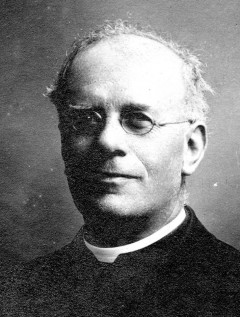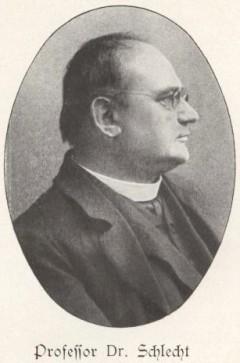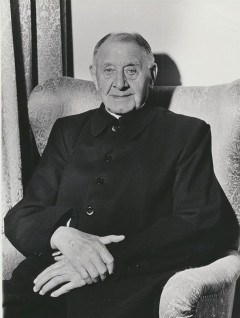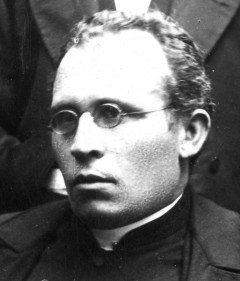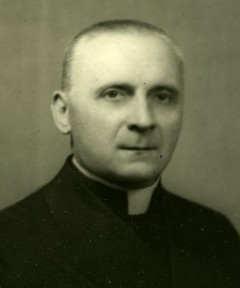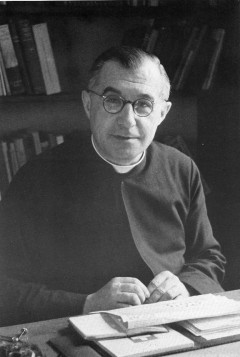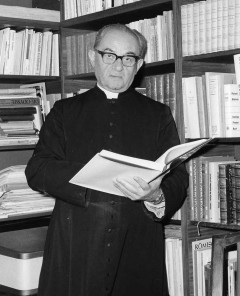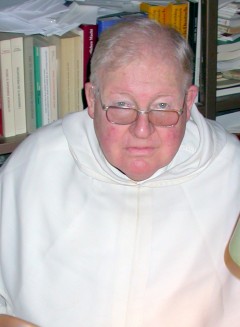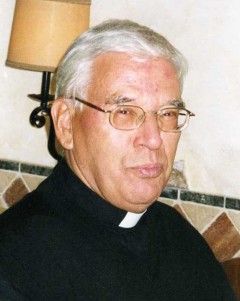Born in Dippach (Luxembourg) in 1861, the archaeologist and medievalist Johann Peter Kirsch shaped the first 5 decades of the Roman Institute of the Görres Society in two terms of office together with his colleague and friend Stefan Ehses.
- Details
- Category: Former Directors
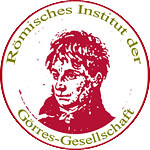 Römisches Institut der Görres-Gesellschaft
Römisches Institut der Görres-Gesellschaft







